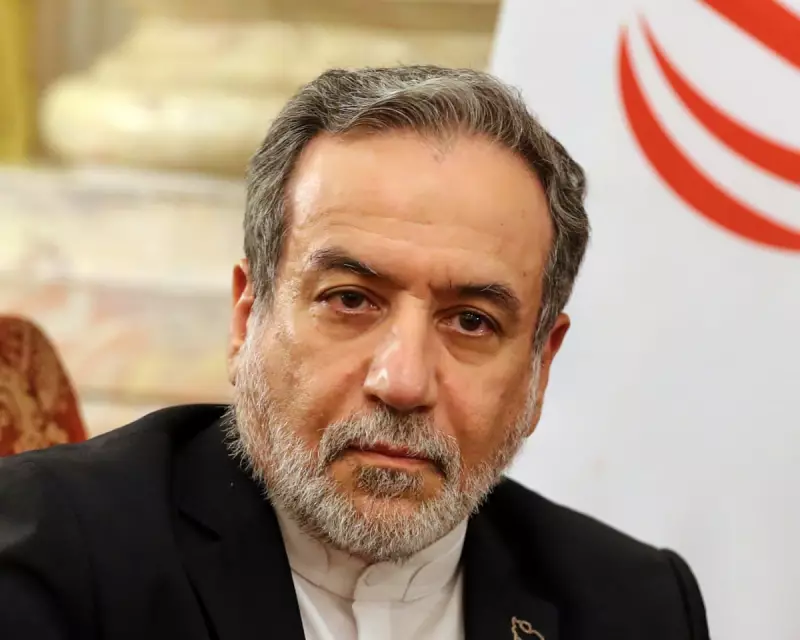
In a high-stakes diplomatic manoeuvre, Iran's Foreign Minister has held urgent talks with the head of the United Nations' nuclear watchdog in Vienna. The meeting represents a critical effort to de-escalate mounting tensions and avert the reinstatement of punishing international sanctions.
The discussions between Iran's Mohammad Javad Zarif and Rafael Grossi, Director General of the International Atomic Energy Agency (IAEA), come amid a rapidly deteriorating situation. The IAEA recently issued a report confirming that Iran has significantly accelerated its production of highly enriched uranium, moving closer to weapons-grade levels.
The Sanctions Sword of Damocles
At the heart of the crisis lies the triggering of the 'snapback' mechanism by Western powers. This provision could see a full suite of previous UN sanctions automatically reinstated, dealing a devastating blow to Iran's already struggling economy.
European diplomats have expressed grave concern, warning that the window for diplomatic resolution is narrowing rapidly. 'We are witnessing a dangerous escalation cycle,' one senior EU official commented anonymously. 'The goal of these talks is to halt this slide and create space for a negotiated solution.'
A Complex Web of Geopolitics
The Vienna meeting is fraught with complexity, extending far beyond the immediate nuclear issue:
- Regional Proxy Conflicts: Iran's influence across the Middle East remains a primary concern for the US and its allies.
- Domestic Pressure: Both the Iranian government and Western leaders face significant pressure from hardliners, making compromise politically risky.
- Broken Trust: Years of accusations and counter-accusations have left a deep deficit of trust between the negotiating parties.
Analysts suggest that while a grand bargain remains unlikely, the talks might aim for a smaller, interim agreement. This could involve a freeze on further nuclear advancements in exchange for a temporary suspension of the sanctions snapback process.
What Happens Next?
The outcome of the Vienna discussions is expected to set the immediate course for international action. Should they fail, the UN Security Council could be forced to vote on the sanctions reinstatement within days, potentially leading to a major diplomatic confrontation.
For now, the world watches and waits, hoping that dialogue in Austria can prevent a further escalation in one of the globe's most volatile standoffs.






